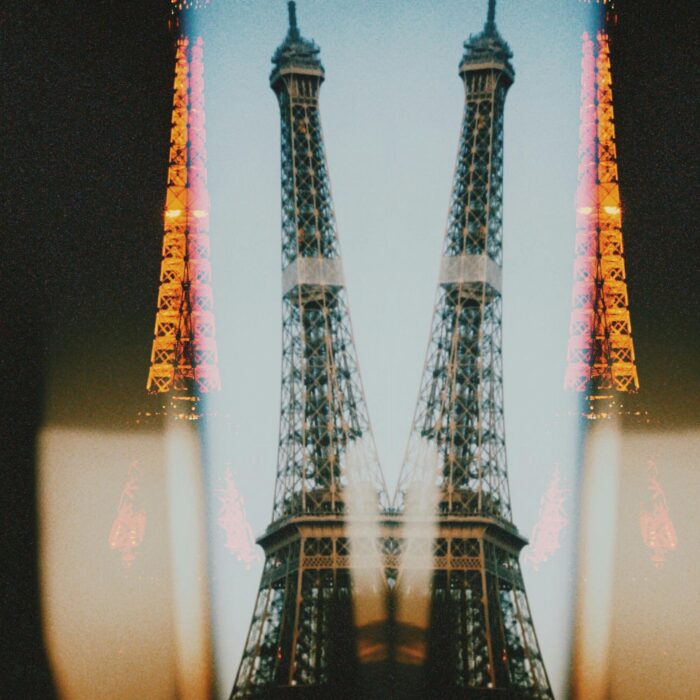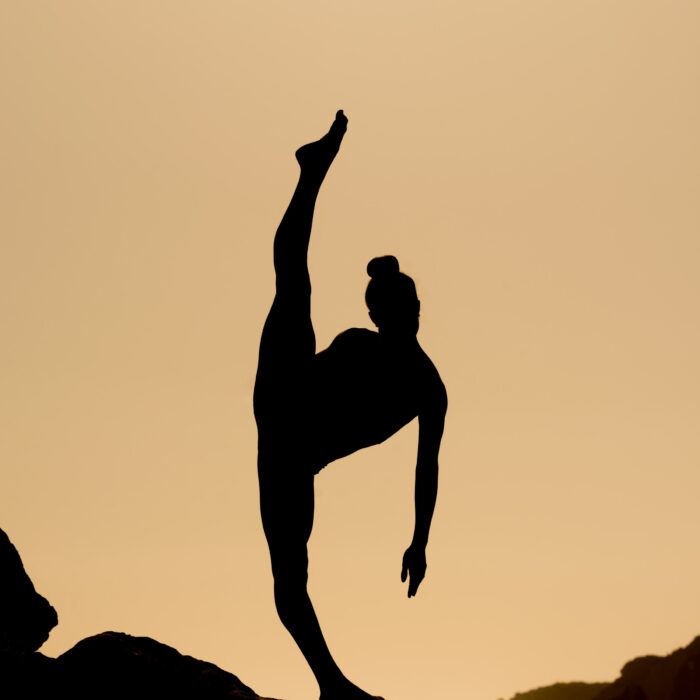You have no items in your cart. Want to get some nice things?
Go shopping
Translated by Jordan A. Y. Smith
TSUYU – PLUM RAINS
The scent of falling plums does not get wet from plum-rain season,
A stutter of raindrops on wind-bent umbrella
Yearns to travel the Silk Road,
The only thing wet is the horizon vanished underfoot.
Mountains conceal the wind’s echo,
And like a sponge, greedily suck up the rainwater.
Tree leaves resolutely weather the green-deepening raindrops,
In the depths of the sky, the sputtering sun tires of waiting for pure nudity,
As mold stealthily spreads across the far side of the moon,
A rotten tree conceives the forms of mushrooms.
*
YOZAKURA – CHERRY BLOSSOMS IN THE NIGHT
Moonlight’s lamp is lit,
branchtips flicker into flames.
The earnestness permeates silence,
the earnestness exudes grace.
Above the white, the pale red
like the first blush on a girl’s cheek,
softly warming the chill of a spring night,
pushing the winking stars even further away.
The stagnant water reflects the yozakura from below,
reviving memories of currents.
So lively as they traverse the moonlight
and the skin of night and
flow through the interstices of the flock of petals
Tiny flames,
the yozakura blooming in the sky and on the water
light up the darkness before our eyes.
The towering castle has long lost its majesty,
and the blood of history ceases to provoke trembling.
No force can hinder the yozakura bloom,
not even ten-billion tons of darkness
could suppress their frail petals.
Not even the Milky Way pouring down
could extinguish their yearning for freedom.
A breeze brushing over the sea and onto the land
teases stamen and pistil of the yozakura
and leaps over the high castle wall
to carry the whisperings of petals
far off into the dawn.
*
OCTOBER
The wind steps into shoes
a cloud dropped, too loose for its feet,
glides over the river surface,
stumbles over a wave and falls,
sinking to the bottom.
The drowned wind grows colder than the riverbed,
whips out bubbles colder than the depths,
scattering the fish far and wide.
The last leaves have shed,
quarreling into the wind’s funeral,
mournful face after mournful face,
decaying in the mid-prayer silence.
The fiery fragments in bright foliage on distant
mountains
combust because that heart of magma at the
mountain’s core
is beating.
I pause in front of a window shut tight,
grieving the fact that the birds in the treetops
have nowhere to hide their singing voices.
Like a cat moving in tiny steps,
October falls silent,
Fleeing from color heading for darkness.
One of my shoes floats eternally
on the surface of the western river,
a ship with no one aboard,
filling people’s breasts with loneliness.
*
THE DEER
In the middle of the white wall,
it is raising its head.
The living beauty it brought out after death.
Its eyes that once darted
to harmonize sunlight,
were unmoving.
In one corner like the crutch of a tree,
blood had flowed, congealed,
a so-called nominal power,
representing maleness.
The white wall like an enormous axe,
Cutting away all flesh below the neck,
ushering all the more wind
into the attentive ears.
Beauty wiped away the memory of blood’s raw smell.
The flowing clouds drifted from the retinas,
the once breathing nostrils hardened fast.
Its mouth tightened to preserve the silence.
I stand facing the wall,
wishing I had some magical means
by which to transform this white wall into grassland
and sketch the line of a river
and send this deer back upstream to its forest home.
*
ONE NIGHT
In one night, the horse escapes its bridle
In one night, the path is blocked
In one night, the snow melts away
In one night, the cloud scatters
In one night, the traveler dreams of home
In one night, the ideal is realized
In one night, the harbor welcomes back the sinking
ship
In one night, the lake dries up
In one night, the rose sheds every last petal
In one night, the maiden loses her virginity
In one night, the camel dies of thirst
In one night, the hero draws suspicion
In one night, the lingering spirits find a land to rest
in peace
In one night, the stars become raindrops
In one night, the ghostly flame defies the darkness
In one night, the wasteland becomes rich fields
In one night, the pond overflows starlight
In one night, the wild horse returns to the grasslands
In one night, the goddess falls to the world of mortals
In one night, the tulip makes love’s proverb bloom
In one night bread placed before the starving
In one night hope placed before the despairing
In one night nightmares blow away in the wind
In one night all battlefields become the children’s
paradise
*
HAND
Everything in the world began
with a hand.
Before being called “hand”
it was a foot, they say,
before becoming a hand
the word hand itself
did not exist.
Before the hand was born
the world was all tranquility perhaps.
After it became a hand
rocks and trees and plants
were made into all types of tools,
until final the world revealed
its form.
When arrows for shooting beasts and fowl were set
fly at humans,
the world began to crumble.
And then
earthenware and bronze were made,
letters were invented,
glass and textiles and paper.
Everything in the world today
is here thanks to the hand.
The original home of civilization is the hand,
that vestige of memory.
The Neolithic Hemudu and Cerveteri necropolis,
They Pyramids and the Great Wall,
and so on and so on,
all born of the human hand.
The hand is humanity’s universal language,
with the body’s heat, with love,
patting a child on the head.
Lovers join hands.
When someone falls, you help them up.
When someone is lost,
you point them on their way.
By the hand’s labor,
humans are able to travel anywhere they please,
be it to the ocean’s floor, the sky, the stars, or the
future.
By the hand’s movement,
the world is built and destroyed.
Hands traverse the world round,
yet no matter how they move,
they can never return to the past.
Hands touch everything,
cuddling infants
and placing flowers for the dead,
putting on rings and removing rings,
signing and affixing seals.
At times, hands are linked to grim verbs,
to steal
to strike
to snatch
to strangle
to slap
to stab
Hands do not try to change the reality of being hands,
nor do they try to change the fact that desire rules.
And as hands are humans’ second face,
once in a while, we should look in the mirror.




